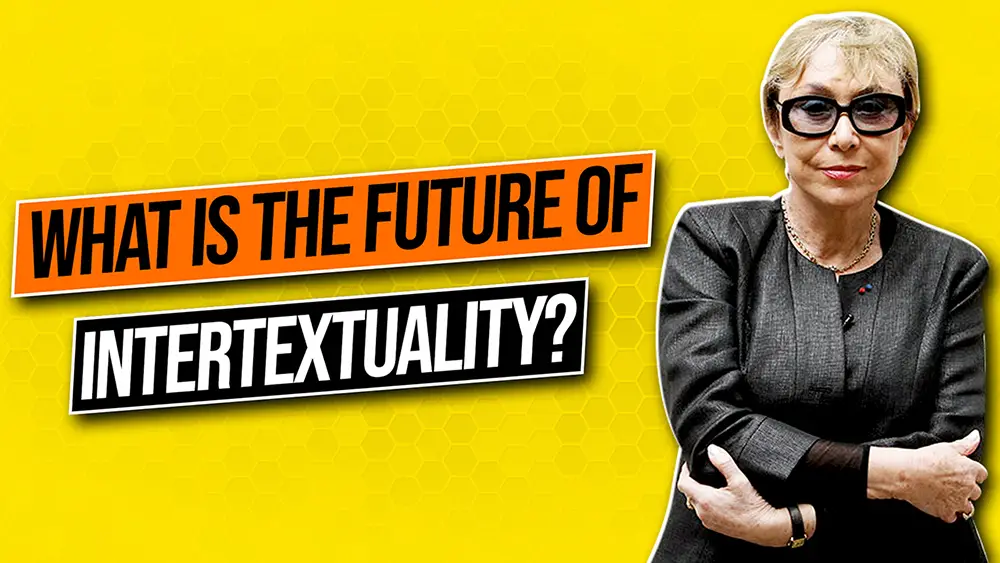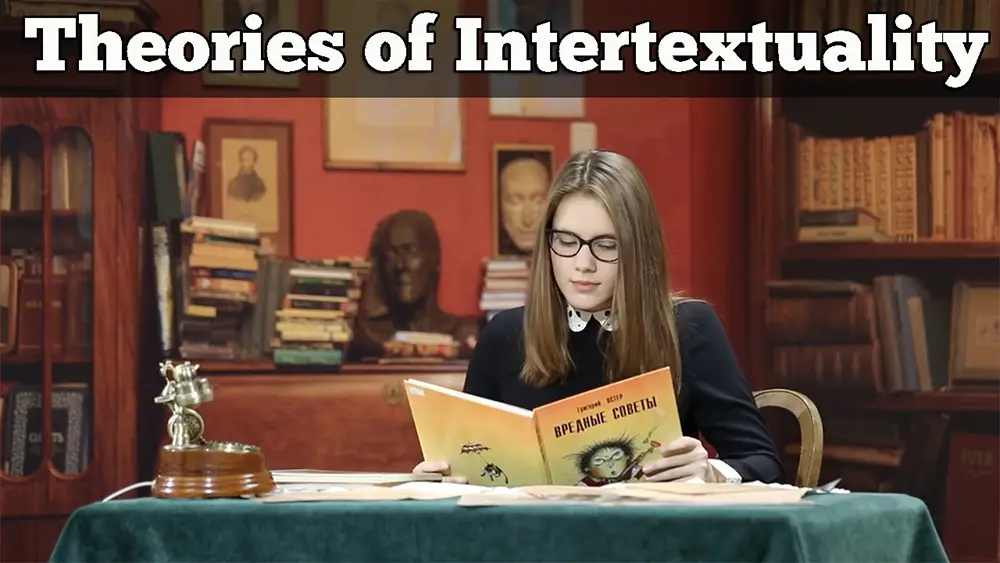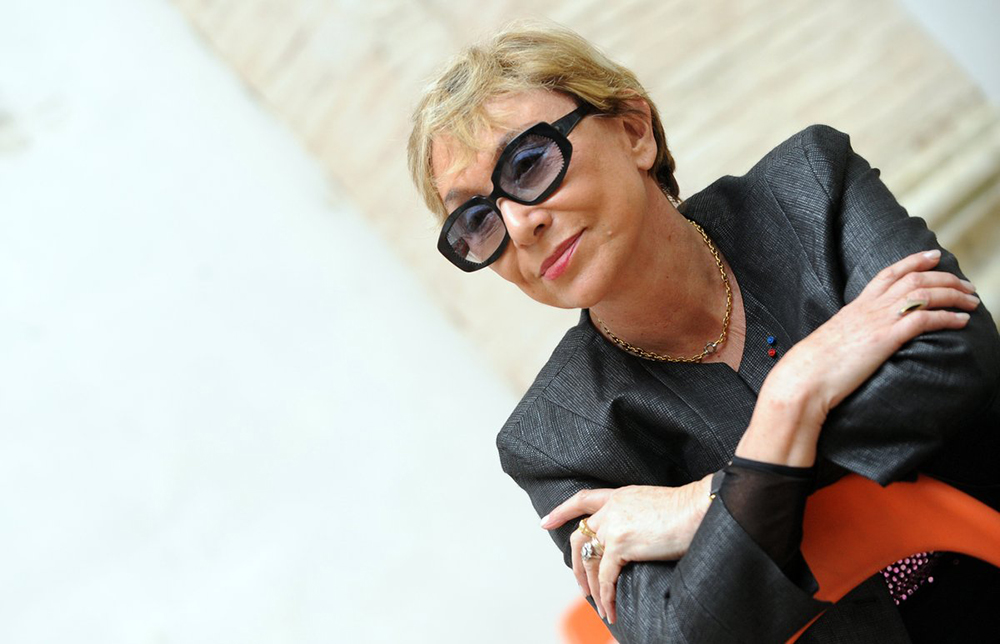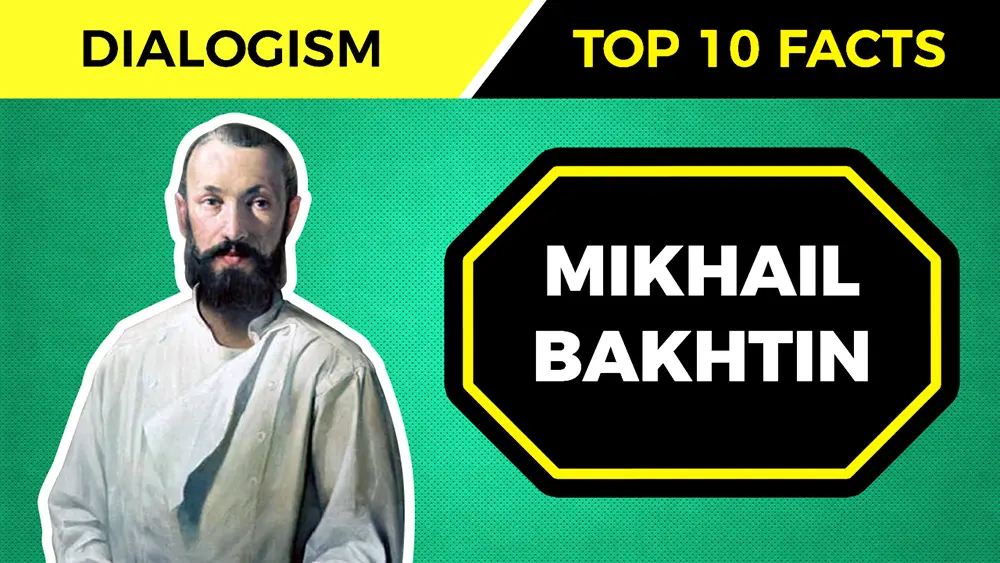
Literary devices are at the heart of impactful writing. They provide depth, texture, and meaning, helping us understand the world in unexpected and profound ways. Among these tools, one stands…

Literary devices are at the heart of impactful writing. They provide depth, texture, and meaning, helping us understand the world in unexpected and profound ways. Among these tools, one stands…

Intertextuality is a useful tool which enables the reader to better understand texts. Since cultural debates never cease, it is possible that in the future new theories or new trends…

Intertextuality is a set of relations between texts. When we read a work of literature we are trying to find a meaning which lies inside that work. The analysis of…

Bulgarian-born French literary critic and philosopher Julia Kristeva is an influential authority in many fields of study, from literary criticism, to psychoanalysis, to anthropology and psychology. Born in Sliven, Bulgaria,…

Russian philosopher and literary theorist Mikhail Bakhtin was a very influential 20th-century critic whose works inspired scholars in many disciplines, including linguistics, political and social theory, philosophy, sociology, anthropology, and…

Contemporary literary and cultural theory is viewed as taking its origins from the birth of modern linguistics, which emerged in the work of Swiss linguist and semiotician Ferdinand de Saussure.
Julia Kristeva is famous for having written about a wide variety of topics, including semiotics, linguistics, feminism, psychoanalysis, and art, to name just a few. Though, for many, Kristeva is…
A more limited version of intertextuality has been developed in a number of theories, starting from the late 1960s onward. A very important representative of such a trend is…
The most eloquent theorist of intertextuality, who always attacked the notions of stable meaning and unquestionable truth, was Roland Barthes. He is associated with structuralism, post-structuralism, and semiotics. In his…
For Ferdinand de Saussure the relational nature of the word emerges from a vision of language seen as a generalized and abstract system which includes the spoken word and that…